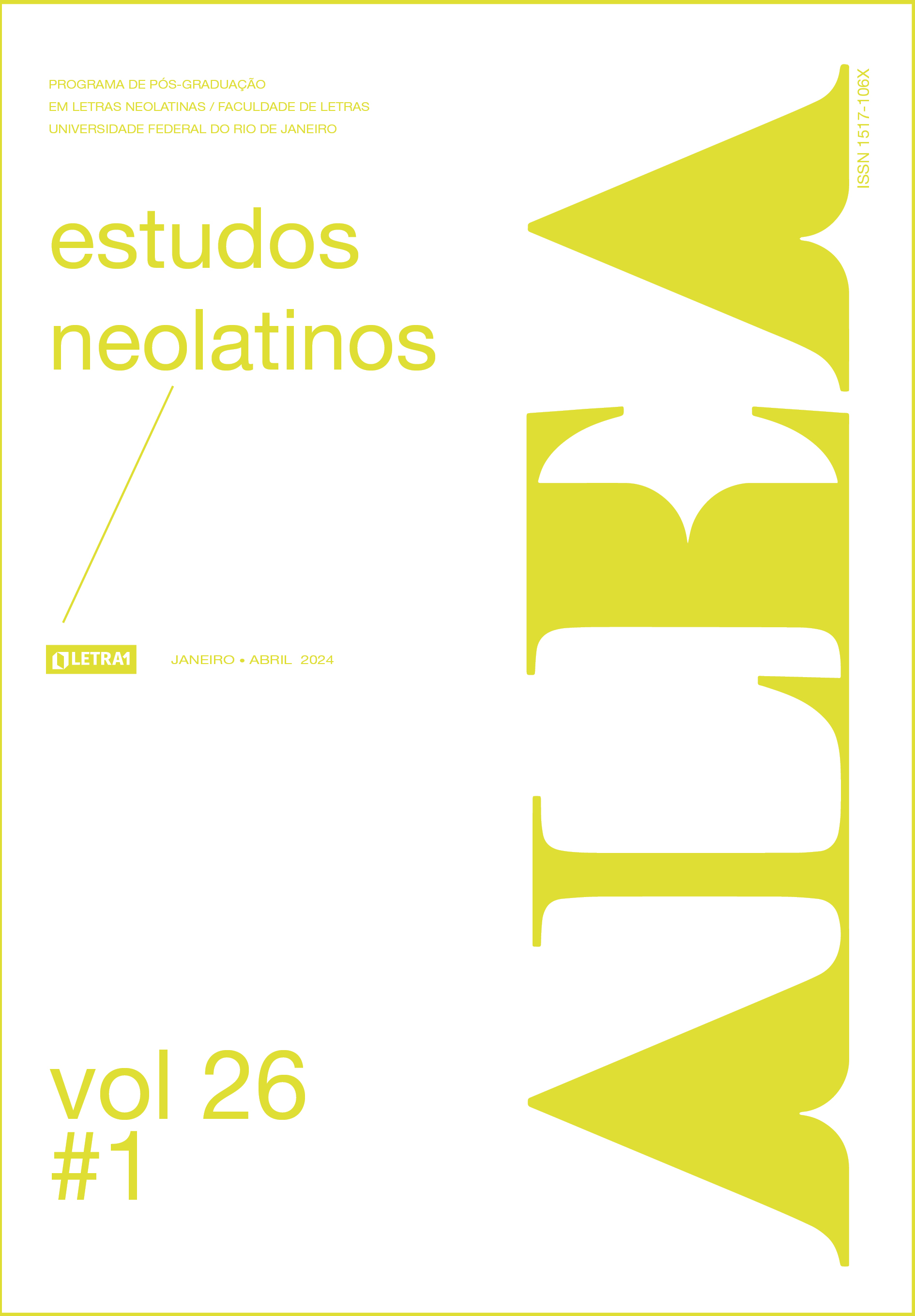Romance, realismo e constituição em dois romances latino-americanos
DOI:
https://doi.org/10.1590/1517-106X/2024e62110Abstract
O trabalho estuda a copresença do realismo literário e constitucional na narrativa latino-americana da violência, no caso, Cidade de Deus (1997) do autor brasileiro Paulo Lins e Bicentenaire (2004) do haitiano Lyonel Trouillot. Tanto os textos realistas que aristotelicamente tratam personagens marginalizados num espaço-tempo com marcas locais quanto os textos também ‘realistas’ que rousseauianamente tratam os governados sujeitos às normas cidadãs a serem aceitas e praticadas, permitem uma apreciação que passa do gênero sócio-verbal convencionado (BAKHTIN, 2011) a uma significação quer literária, quer política (RANCIÈRE, 2007). Notando que a categoria de ‘identidade política’ e a experiência de exclusão social unem estes realismos nos estudos literário-culturais (LUDMER, 2007) e nos estudos constitucionais (ALEXANDER, 1998), pretende-se ‘ler’ como ‘ato democrático’ as escritas que ficcionalizam: a ausência do estado brasileiro diante da violência periférica, e a violência repressiva durante manifestações de rua. Ao comparar os realismos e situar os contextos constitucionais, observa-se uma linguagem-mestre ‘iluminista’ e ‘moderna’ cujo exercício (re)produz o imperativo ‘democrático’.
Palavras-chave: Romance; constitucionalismo; violência; resistência; democracia.
Downloads
Published
Issue
Section
License
THE AUTHOR/S confirm/s his, her or their participation in all stages of work preparation: 1) Conception, project, bibliographical research, analysis and interpretation of data; 2) Writing and reviewing the manuscript; 3) Approval of the final version of the manuscript for publication; 4) Responsibility for all aspects of the work and guarantee for the accuracy and integrity of any part of the work. The submission of works implies the immediate cession, without onus, by all authors, of publication rights to the journal Alea, licensed under CC BY (https://creativecommons.org/licenses/by/4.0/). The authors are fully responsible for the content of the article and continue to hold all copyrights for subsequent publications of it, and should, if possible, include the reference to the first publication in the journal. Alea does not commit to returning received contributions. Authors of articles, reviews or translations will receive a copy of the journal.

